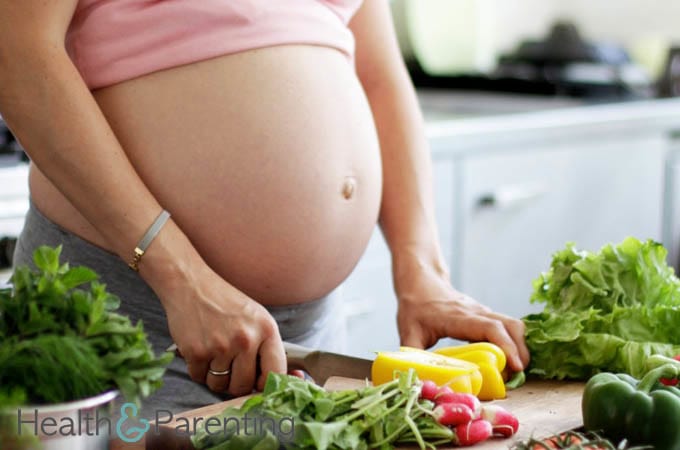For most women, there’s nothing more joyous than carrying a baby inside the womb. Women experience many changes in their body during pregnancy. You may not feel you’re really pregnant till the baby begins to move inside during the 4th month. You will experience lots of emotions, happiness, pain, excitement, and nervousness all at the same time. But the most important thing to remember is to keep up a healthy balanced diet to help your baby grow and develop appropriately.
Good nutrition for pregnant women is very important. Although morning sickness, vomiting and nausea are very common occurrences during pregnancy, it is important to consume a well-balanced diet and to take some prenatal vitamins as well. It is necessary to eat a varied healthy diet during pregnancy to get all the minerals and vitamins that your body needs. Though it is best to acquire minerals and vitamins from the food you eat, it is often better to make use of supplements as well during pregnancy to ensure your body gets all that it requires.
Recommended Supplements
Here are some recommended supplements to take throughout your pregnancy:
- 10 micrograms of Vitamin D
- 400 micrograms folic acid, starting from the day you find out about your pregnancy and till the time you are 12 weeks pregnant.
Folic Acid
Folic acid helps prevent neural tube problems, which is a basic form of birth defects like spina bifida. Approximately 400 micrograms of folic acid daily is recommended for pregnant women. You should start taking folic acid during the period you are trying to get pregnant and continue till you are 12 weeks into your pregnancy. In case a woman does not begin taking folic acid before getting pregnant, it is important that she does as soon as she discovers she is pregnant.
Consumption of food containing folate (the natural form of folic acid) is necessary. Women with a higher risk of neural tube defects are advised to take an additional 5 micrograms of folic acid till they are 12 weeks pregnant.
Iron
Women with a deficiency of iron may suffer from anaemia and tend to get very tired. Foods that contain higher doses of iron include nuts, lean meat, dried fruits and leafy green vegetables. These should be a part of a healthy balanced diet of pregnant women on a daily basis. There are many breakfast cereals that contain iron as well. In case of iron deficiency in your blood, your doctor or midwife may prescribe some iron supplements for you.
Calcium
Calcium is important for the proper development of the baby’s teeth and bones and for maintenance of mom’s body as well. Calcium is present in some prenatal vitamins. Food sources which are rich in calcium include fish with edible bones and dairy products. Some other sources of calcium include leafy green vegetables, bread, almonds and tofu, which is a special kind of vegetable protein made out of soya beans. Watercress, curly kale and broccoli are equally good sources.
Written by Team Health & Parenting
This information is not intended to replace the advice of a trained medical doctor. Health & Parenting Ltd disclaims any liability for the decisions you make based on this information, which is provided to you on a general information basis only and not as a substitute for personalized medical advice. All contents copyright © Health & Parenting Ltd 2017. All rights reserved.










